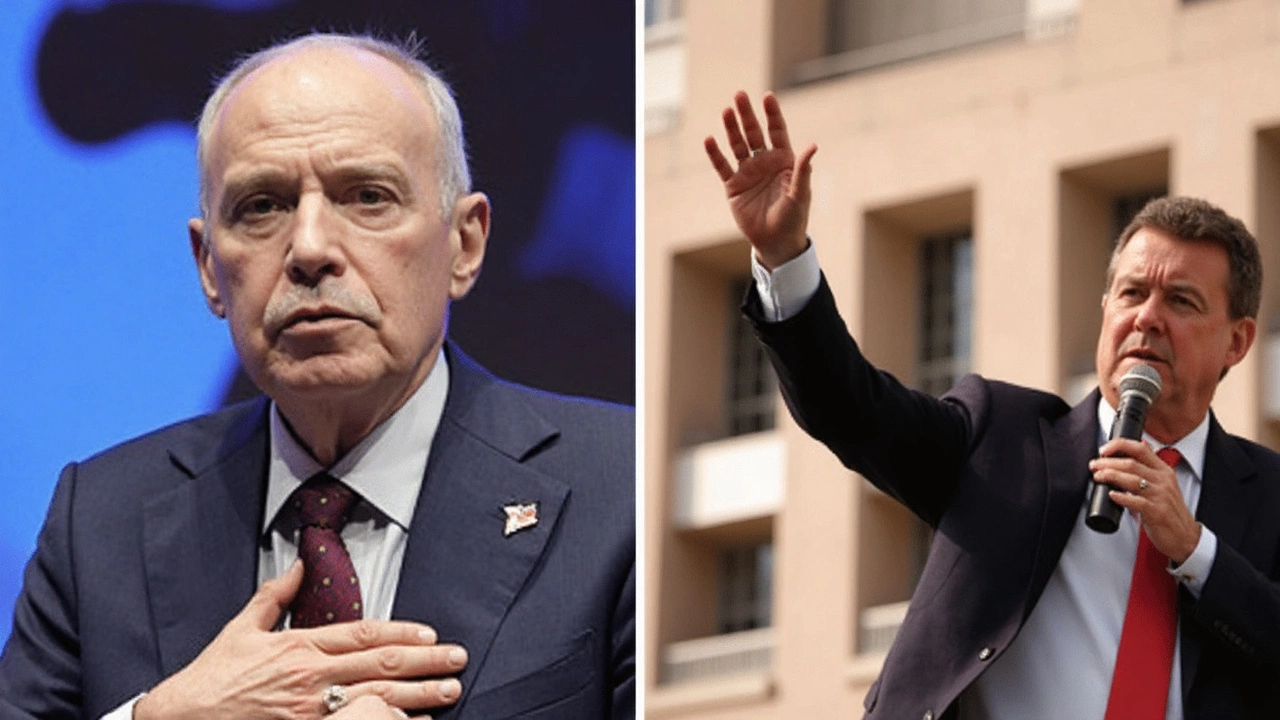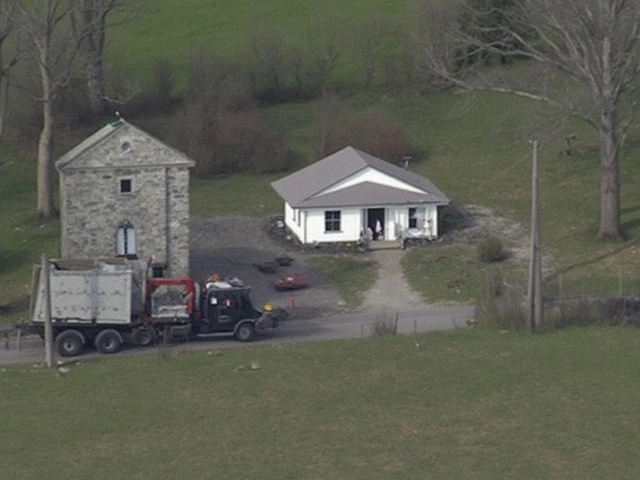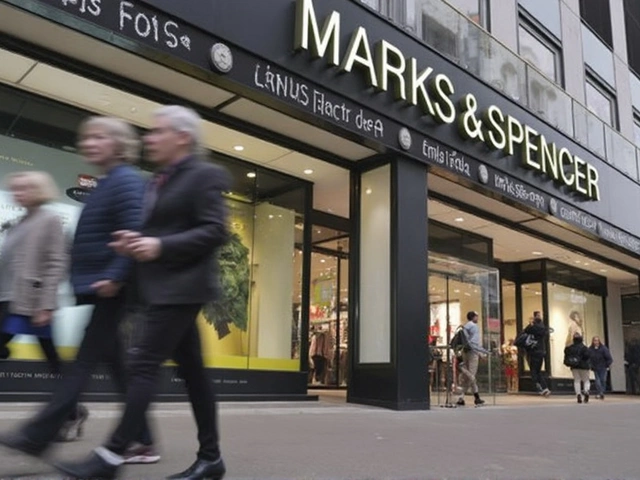Political Earthquake in Turkey: Imamoglu’s Arrest Shakes the Nation
In a bold move that has sent shockwaves through Turkey and the international community, Istanbul Mayor Ekrem Imamoglu was arrested on March 19, 2025, highlighting a significant intensification in President Recep Tayyip Erdogan’s ongoing push against political dissidents. Along with Imamoglu, over 100 people were detained, including key aides and district mayors. The charges? Alleged corruption and connections to the Kurdistan Workers’ Party (PKK), a group deemed illegal by the government.
Imamoglu's political journey has been marked by his surprise victory in Istanbul’s mayoral elections in 2019, a critical upset for Erdogan’s ruling party. But recently, the pressure mounted as his university degree was revoked, potentially preventing him from running for president due to the constitutional requirement for candidates to hold a degree. This revocation, followed by his arrest, forms a part of Erdogan's broader strategy as he grapples with significant electoral setbacks suffered in 2024.
Public and Global Reaction to the Arrest
Defying a stringent four-day protest ban, thousands of demonstrators took to the streets, rallying outside the municipality headquarters and police stations. Chanting powerful slogans like "There is no salvation alone; either all of us together or none of us," they stood resilient despite a heavy police presence blocking key routes. The scenes echoed with determination and resistance, underscoring the deep political and social fissures running through Turkey.
The opposition CHP party, spearheaded by Ozgur Ozel, immediately condemned Imamoglu’s arrest, likening it to a "coup attempt" and asserting they would continue with primary elections to cement Imamoglu as their presidential candidate. The atmosphere teetered on the brink of unrest as international leaders like Germany’s Foreign Minister Annalena Baerbock and EU Commission President Ursula von der Leyen chastised the Turkish government, urging adherence to democratic norms.
Consequences rippled through the financial realm as well. Turkey’s lira saw a steep decline, crashing to unprecedented lows, while the Istanbul Stock Exchange took a nosedive, dropping nearly 10% before an emergency halt in trading.
Amid growing turmoil, Imamoglu reached out through social media platforms, defiantly stating, "The will of the people cannot be silenced through intimidation or unlawful acts." His wife, Dilek Imamoglu, echoed this sentiment passionately during protests, remarking, "Democracy dies" if such authoritarian moves are allowed to stand unchecked.
Meanwhile, internet access across Turkey faced restrictions, with major social media sites limited nationwide, amplifying the tense atmosphere of a country under siege by its own government. Justice Minister Yilmaz Tunc attempted to defend the actions, emphasizing the judiciary's independence and downplaying accusations of political motivation.
This dramatic escalation spells uncertain times for Turkey, as internal strife and global scrutiny intensify in response to Erdogan's controversial maneuvers.





